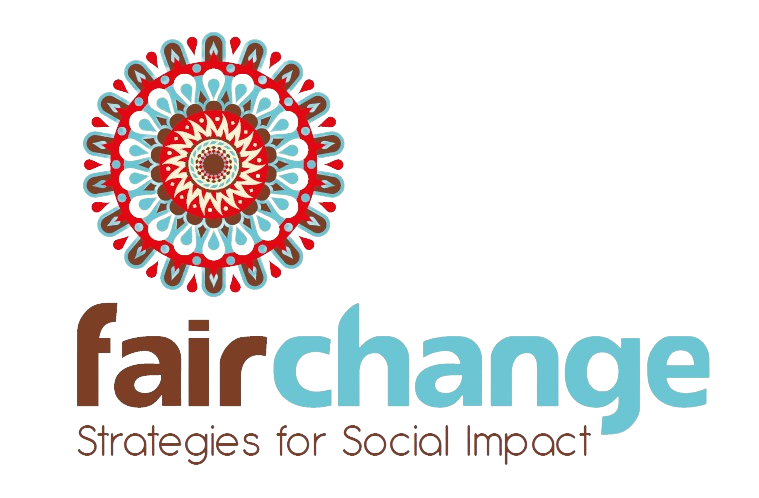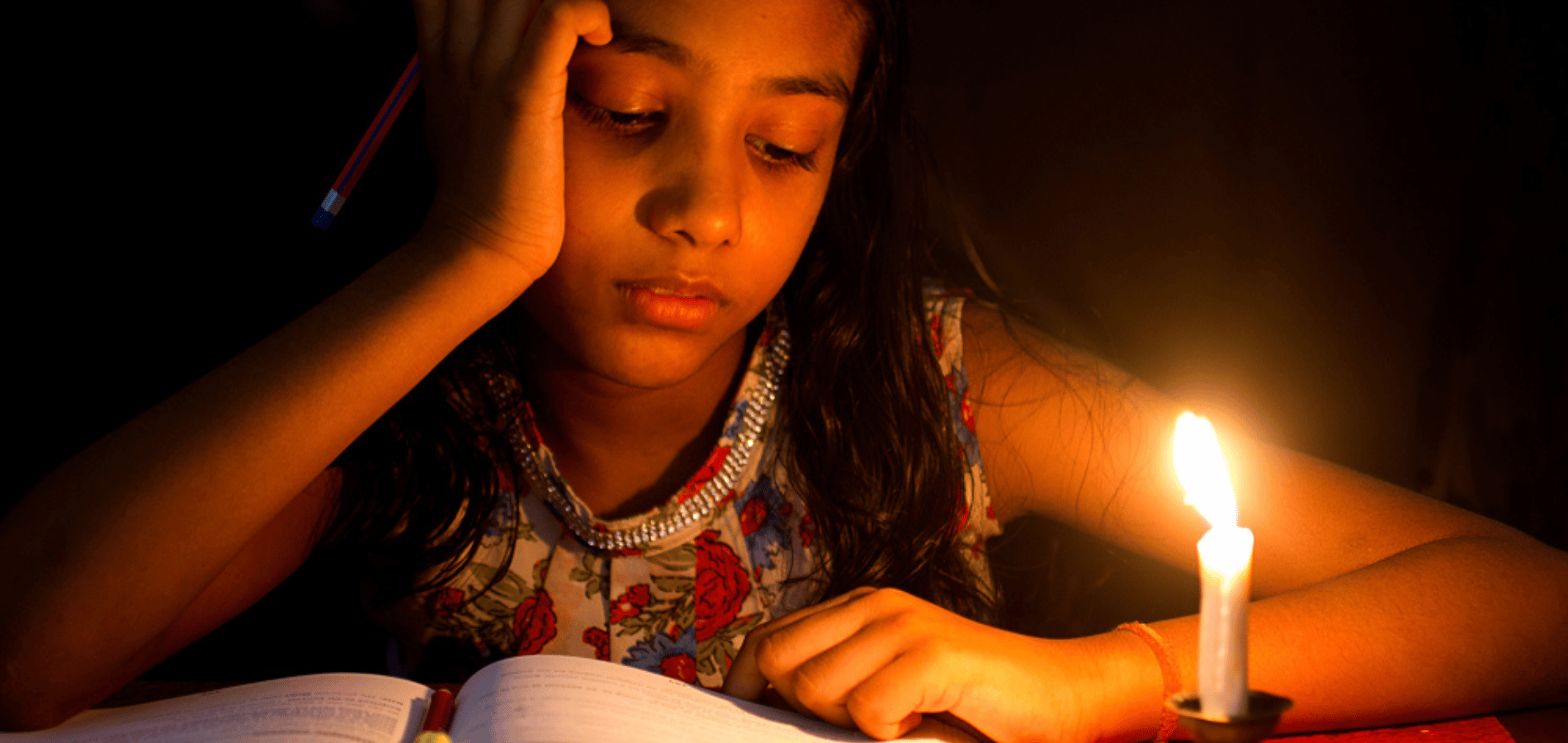While our energy bills at home and in our businesses are going through the roof, government subsidies for fossil fuel consumption have reached record heights as well. Investment in new, non-fossil sources is not taking off fast enough, especially for the many millions of people worldwide who are at risk of being left behind. Here are some facts & figures about the need for an inclusive clean energy transition. And signs of hope, coming from young green energy enterprises.
Skyrocketing energy bills are causing us headaches wherever we live. But let’s not forget that rising prices for fuel and electricity are disproportionately hurting people in developing countries, where they are least equipped to cope. These are also the countries that are at risk of falling even further behind while the world speeds up the transformation from fossil fuel energy to clean energy sources.
And another problem is evolving. The need to speed up the transformation from fossil fuel energy to clean energy sources puts developing economies at risk of falling even further behind. This is especially true for countries that are highly dependent on coal, oil and gas for domestic use and exports that account for a large chunk of their national income.
From fossil fuel to green and inclusive energy: facts and figures
Clean energy transitions must be just energy transitions. What we need is a well-thought menu of green jobs and green economic diversification. It includes retraining for people in fossil-fuel dependent communities and countries, creation of alternative local jobs and support for people and planet friendly entrepreneurship.
Here are some facts & figures around the need for a clean, just and inclusive energy transition:
- In 2022, global energy prices rose by 50%, impacting people across countries and causing many to drastically change their lifestyles to pay for energy
- In 2022, subsidies worldwide for fossil fuel consumption soared, reaching over USD 1 trillion, partially due to measures to protect consumers from ballooning prices and by far the largest annual value ever seen
- Globally, 1 out of 10 people do not have access to electricity
- Clean energy investment topped USD 1,4 trillion USD in 2022, a significant acceleration after many years of slow progress
- Clean energy now accounts for almost three-quarters of the growth in overall energy investment, and has been growing at an average annual rate of 12% since 2020
- While advanced economies such as the EU and the US are forging ahead, clean energy spending in emerging and developing economies, excluding China, remains stuck at 2015 levels
- 2,4 billion people still use inefficient and polluting cooking systems
- The number of people around the world who live without electricity rose by nearly 20 million in 2022, reaching nearly 775 million, the first global increase in 20 years.
- About half of the world’s oil and gas is produced by middle-income developing countries, who heavily depend on the income it generates, without alternatives to cope with reduced demand due to the clean energy transition.
We need clean and just energy to achieve the SDGs
A clean and just energy transition that benefits consumers everywhere is covered by a couple of UN Sustainable Development Goals.
While SDG 7: prioritizes access to affordable, reliable, sustainable and modern energy for all, SDG 12 is about ensuring sustainable consumption and production patterns to sustain the livelihoods of current and future generations everywhere.
Signs for optimism come from green energy enterprises
Despite obvious reasons for pessimism, there are promising initiatives popping up everywhere. Social enterprises around the globe are effectively embracing the SDGs on their journey towards a sustainable energy sector that is friendly for planet and people.
MovingWorlds, operator of a global platform on a mission to build a more equitable, just, and sustainable economy by empowering social enterprises and the people working with them, supports a host of green and social energy enterprises. Many operate in Africa, where a large part of the people with the least access to electricity live.
Other platforms, accelerator programs, impact investors and corporate initiatives are also stepping up to promote startups and scaleups offering clean energy solutions.
Combining care for the environment with social inclusion
In many cases, the founders of these enterprises are driven by a purpose that combines care for the environment with care for justice and inclusion. They create jobs for underrepresented groups, promote entrepreneurship opportunities for women, people with disabilities and ethnic minorities, and serve customers in low-income urban communities, isolated rural areas, and even refugee camps.
In contrast to some old-school energy giants, these enterprises do more than pay lip service to green energy. With the Global Sustainable Development Goals as their North star, they prove that we can move forward with the clean energy transition that our world needs so badly without forgetting the people at risk of being left out.
Each year on 15 March, it’s #WorldConsumerRightsDay. The 2023 theme is Empowering consumers through #CleanEnergyTransitions.
Find more Awareness days on the (free!) FairChange People & Planet Calendar
Resources
Consumers International, World Consumer Rights Day 2023
SDG 7: Affordable and clean energy
SDG 12: Sustainable Consumption and Production
International Energy Agency (IEA): For the first time in decades, the number of people without access to electricity is set to increase in 2022
International Energy Agency (IEA): Fossil Fuels Consumption Subsidies 2022
World Economic Forum (WEF): These charts show record renewable energy investment in 2022
World Economic Forum (WEF): How to ensure emerging markets benefit from the clean energy revolution
World Meteorological Organization (WMO): Clean Energy Must Double By 2030
World Resources Institute (WRI): To Shift Away from Oil and Gas, Developing Countries Need a ‘Just Transition’ to Protect Workers and Communities
International Monetary Fund (IMF): Unburnable Wealth of Nations
Movingworlds: 20 Social Enterprises Leading the Clean Energy Revolution
Did you like this blog post? Subscribe to Purpose & Impact Now and you’ll be the first to receive new articles, tools and tips to do business with a higher purpose and grow your positive impact. Yes! Put me on the mailing list.

